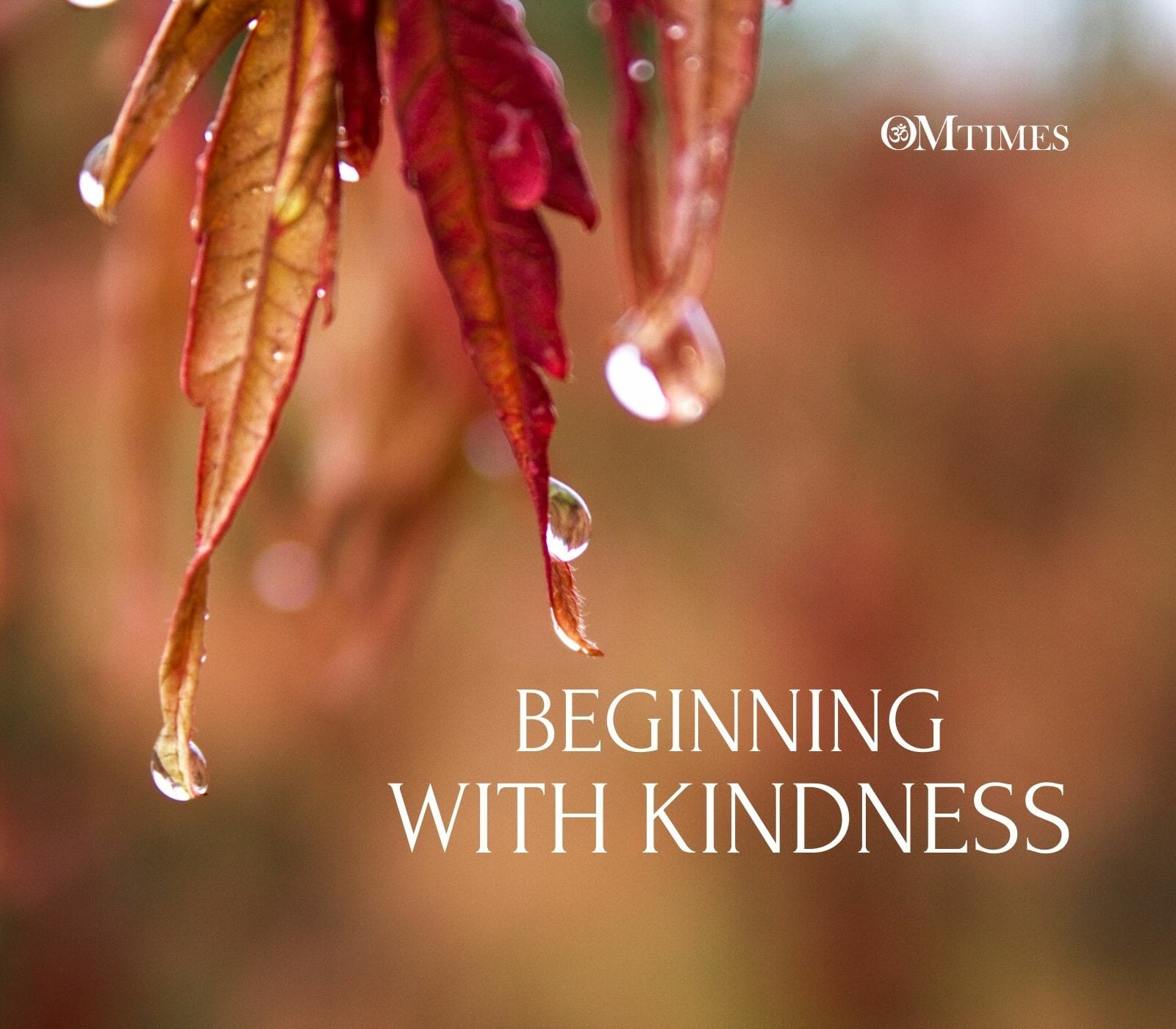Always Start with Kindness

Kindness is the best gift you can give yourself. And as it turns out, it’s the best gift you can give those you love and all living beings.
Beginning with Kindness
By Claire B. Willis and Marnie Crawford Samuelson
“Be kind whenever possible. It is always possible.” ~ His Holiness the Dalai Lama
No one can say or hear this enough: The weeks, months, and years after a loss that shakes your bones are a time to offer yourself great kindness. It’s the best gift you can give yourself. And as it turns out, it’s the best gift you can give those you love and all living beings.
How is this possible? What does it mean to be kind to yourself, to take your own side, to befriend yourself? Think about how you would reach out and be with a friend who has just suffered a loss. You would probably show up and just be there with your friend and listen to her story of all that happened. You might bring over dinners, offer to shop, ask how you might help, show her all the compassion you can muster.
Now consider what it might mean to offer these qualities of kindness to yourself who is also hurting, also shocked, also feeling alone, hopeless, and unmoored.
What if you reminded yourself to start where you are—not in some idealized place—but exactly where you’re standing? Is your house a mess? Have you stopped going to the gym? Are you eating cold pizza for supper? Are you ignoring invitations from friends? Drinking or numbing yourself with other addictions? Mired in feelings of guilt or anger? With kindness, allow yourself to start here.
If you’re someone with restless energy, who stays busy, likes to feel indispensable, runs from one obligation to the next, and buttons up to your emotions, perhaps you could ease your schedule and give yourself a precious gift of time: ten minutes to sit and listen to a beautiful piece of music; an evening to be alone with your discomfort and grief; or an hour for a massage.
Maybe you harbor a harsh inner critic, perhaps a committee of judges who shame you for crying too much, grieving too long, not grieving enough, or not getting it right. Almost certainly, these voices have completely unrealistic expectations for you. Pause to notice these overbearing voices. Can you ask them to back off and give you the space to feel your emotions and be with your grief? Can you stop calling yourself a failure, a fraud, a rock, or a wimp, and offer yourself empathy and compassion? Try and drop the label and just be with the felt experience of grief in your body.
Can you embrace your vulnerability, your irritability, your impatience, and even your resistance as deeply human responses to separation and loss? Can you see how being open and tender with yourself allows you to better understand and connect with others—those who hurt and those who haven’t yet experienced pain and hardship?
If you look deeply and sit with pain and suffering, can you feel how sorrow is part of the human condition? Can you give yourself permission to take your place at the table of human beings, joining all of us who share this precious planet spinning in space?
Can you see how kindness—which includes being kind to yourself, seeing yourself as a part of a larger community of people who each bear their own sorrow—is a path through grief to a life you might not be able to imagine yet? Can you acknowledge yourself for ways you are taking care of yourself, for surviving, for the small steps you can take, for moments of joy or comfort amid tears?
You will also enjoy Choose Radical Kindness
Excerpted from Opening to Grief: Finding Your Way from Loss to Peace, (Dharma Spring, 2020). Reprinted by permission of Red Wheel/Weiser. All rights reserved. https://openingtogrief.com
OMTimes Magazine is one of the leading on-line content providers of positivity, wellness and personal empowerment. OMTimes Magazine - Co-Creating a More Conscious Reality




